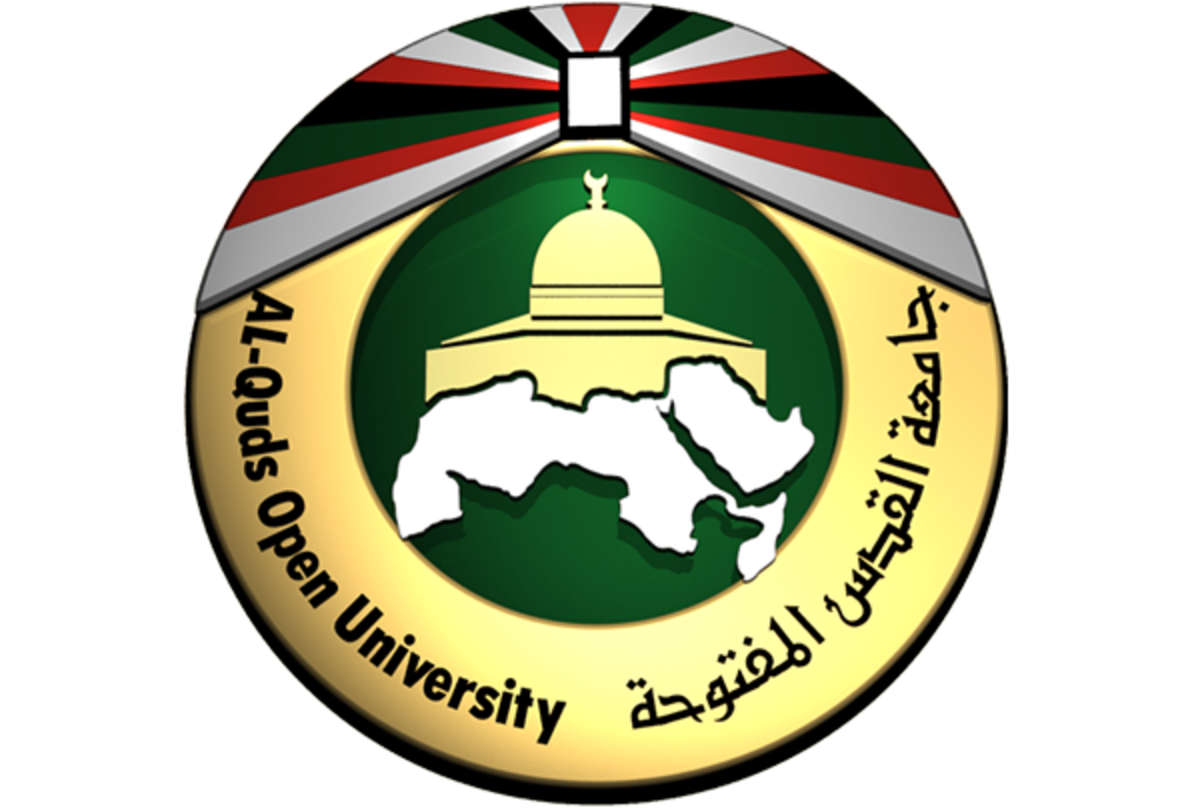Journal of Al-Quds Open University for Educational & Psychological Research & Studies

Abstract
The study aimed at analyzing pragmatism in education from an Islamic point of view. The analytical descriptive method was used to address pragmatism’s history, concept, most prominent pioneers, and key principles from an Islamic point of view. Moreover, the study aimed at highlighting the most important educational applications of pragmatism from an Islamic point of view. The results revealed that pragmatism does not believe in the existence of a realm that cannot be realized by senses, and that value is the criterion of knowledge. Moreover, pragmatism believes that values are not fixed nor definitive, but rather a means to an end. On the other hand, Islamic perspective is not characterized by a pure mental perception; it embraces a perception that excites emotions and the feeling of God’s greatness. The results showed that there are many educational applications of pragmatism in terms of educational objectives, curriculum, methods, teacher, learner, and assessment. The study recommended reviewing educational contents and activities, and reconsidering them from an Islamic educational perspective, especially curriculum, objectives and content that were and still are affected by western influence.
Recommended Citation
Al-Zoubi, Mohammed Ahmed and Asharayri, Susan Nabil
(2019)
"An Analytical Study on Pragmatism in Education from an Islamic Point of View,"
Journal of Al-Quds Open University for Educational & Psychological Research & Studies: Vol. 10:
No.
28, Article 10.
Available at:
https://digitalcommons.aaru.edu.jo/jaqou_edpsych/vol10/iss28/10

